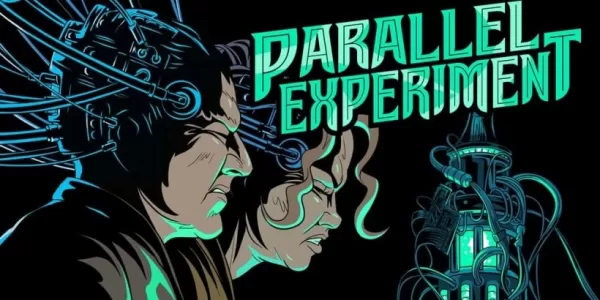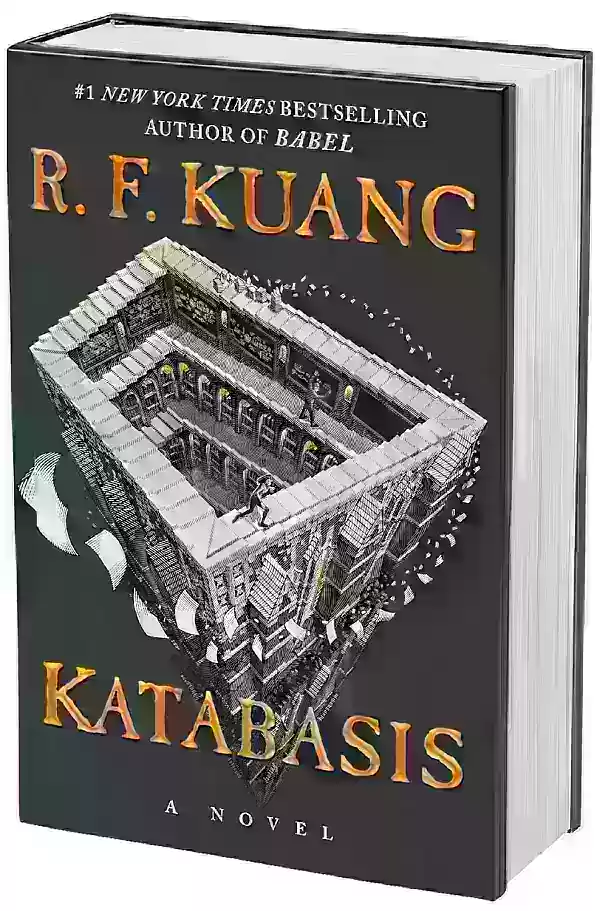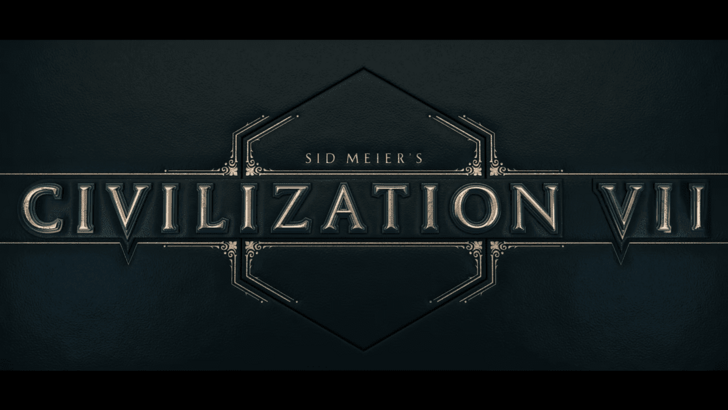
Civ 7 has secured the coveted title of the Most Wanted game of 2025, and the game's Creative Director has shed light on innovative mechanics designed to make campaigns more engaging. Dive deeper into PC Gamer's event and discover the exciting new features awaiting in Civ 7.
Civ 7 Gaining Momentum Ahead of its 2025 Release
Bagged the Most Wanted Game for 2025

During the PC Gaming Show: Most Wanted event hosted by PC Gamer on December 6, Civilization VII clinched the top spot among the most anticipated titles for 2025. This event highlighted the top 25 most exciting projects set to launch next year.
In a comprehensive three-hour livestream, PC Gamer unveiled the eagerly awaited games of 2025, ranked by The Council—a panel of over 70 esteemed developers, content creators, and editors. Beyond the rankings, the event also showcased fresh trailers and content for other titles such as Let’s Build a Dungeon and Drivers of the Apocalypse.
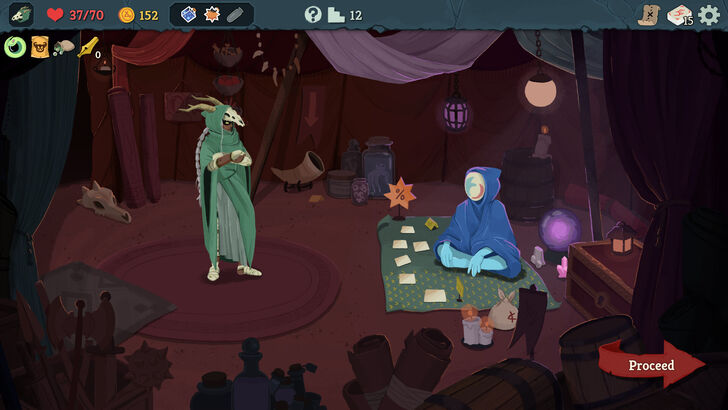
Doom: The Dark Ages secured the second position, followed by Monster Hunter Wilds in third. The indie sensation Slay the Spire 2 claimed the fourth spot. Other notable entries included Metal Gear Solid Delta: Snake Eater, The Thing: Remastered, and Kingdom Come: Deliverance II. Notably absent from the list and the event's trailers was Hollow Knight: Silksong.
Civilization VII is slated for a simultaneous release across PC, Xbox, PlayStation, and Nintendo Switch on February 11, 2025.
Civ 7 Game Mechanic Helps Players Finish Campaign
Civ 7’s Creative Director, Ed Beach, discussed a novel campaign mechanic called Ages during a PC Gamer interview on December 6. Addressing feedback from Civ 6 data, which showed many players did not complete the campaign, Firaxis Games sought to tackle this issue head-on in Civ 7.
"We had a lot of data that people would play Civilization games and they would never get all the way to the end. They just wouldn’t finish them. And so we wanted to do whatever we could—whether it was reducing micromanagement, restructuring the game—to really address that problem directly," Beach explained.
Civ 7 introduces the Ages feature, dividing a single playthrough into three chapters: Antiquity Age, Exploration Age, and Modern Age. Players can transition to a new civilization at the end of each Age, mirroring the historical rise and fall of empires.
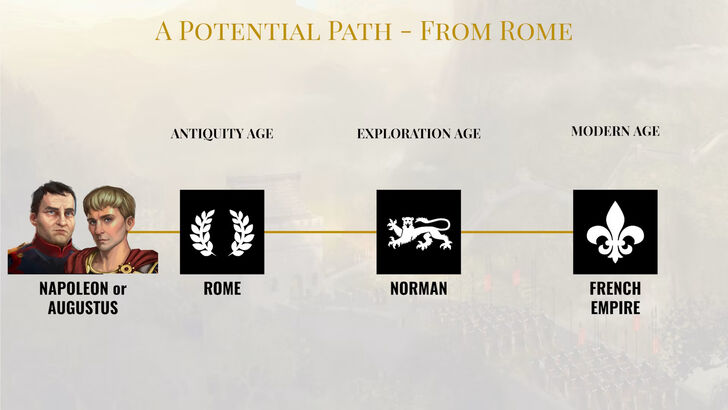
However, the choice of the next civilization is not arbitrary; it must have a historical or geographical link to the previous one. For instance, transitioning from the Roman Empire to the French Empire might involve the Norman Empire as an intermediary.
Your leader remains consistent across Ages, as stated on Civ 7’s website: "Leaders persist across all Ages, ensuring you always have a sense of who is part of your empire, and who are your rivals."
Additionally, the "overbuild" feature allows players to construct new buildings on top of existing ones after transitioning to a new Age, although Wonders and certain buildings remain unchanged throughout the playthrough.
These new mechanics enable players to explore various civilizations within a single campaign, offering fresh approaches to cultural, military, diplomatic, and economic strategies while maintaining a connection to their chosen leader.





 LATEST ARTICLES
LATEST ARTICLES 

